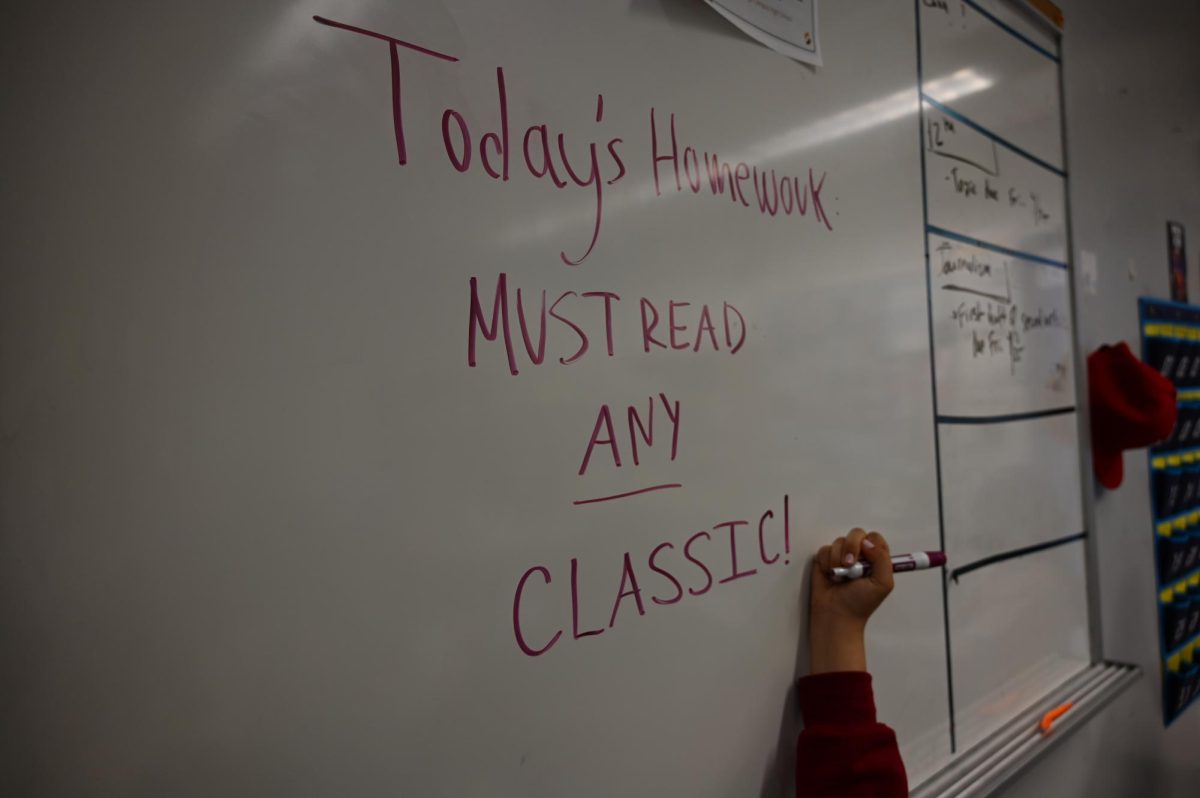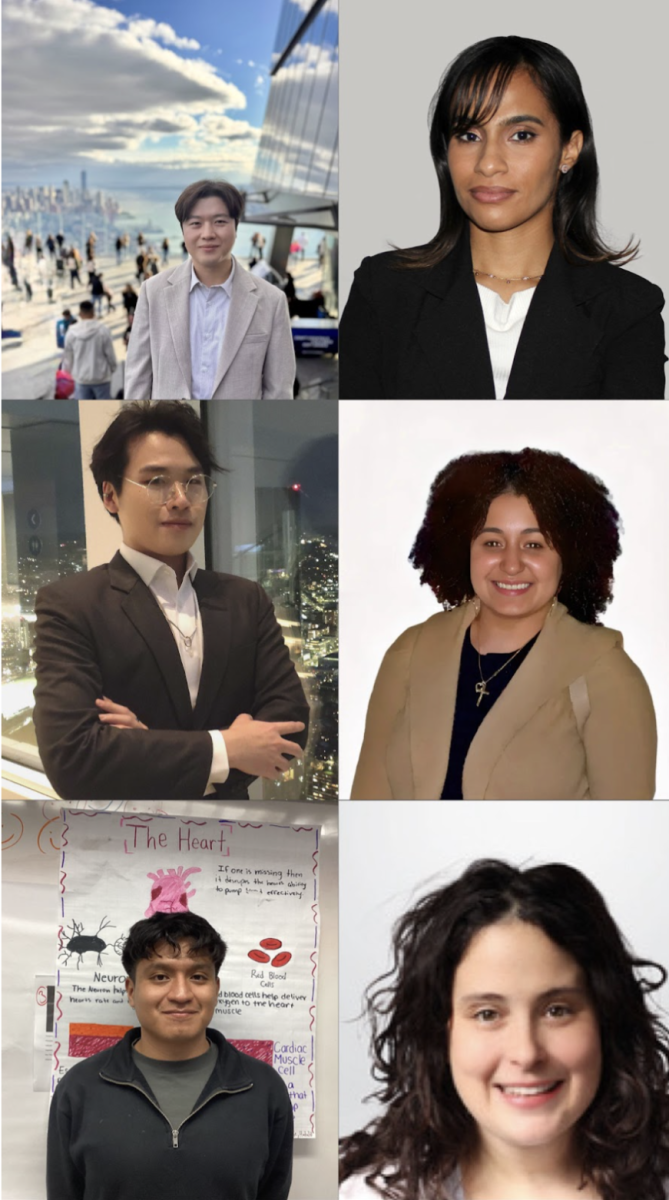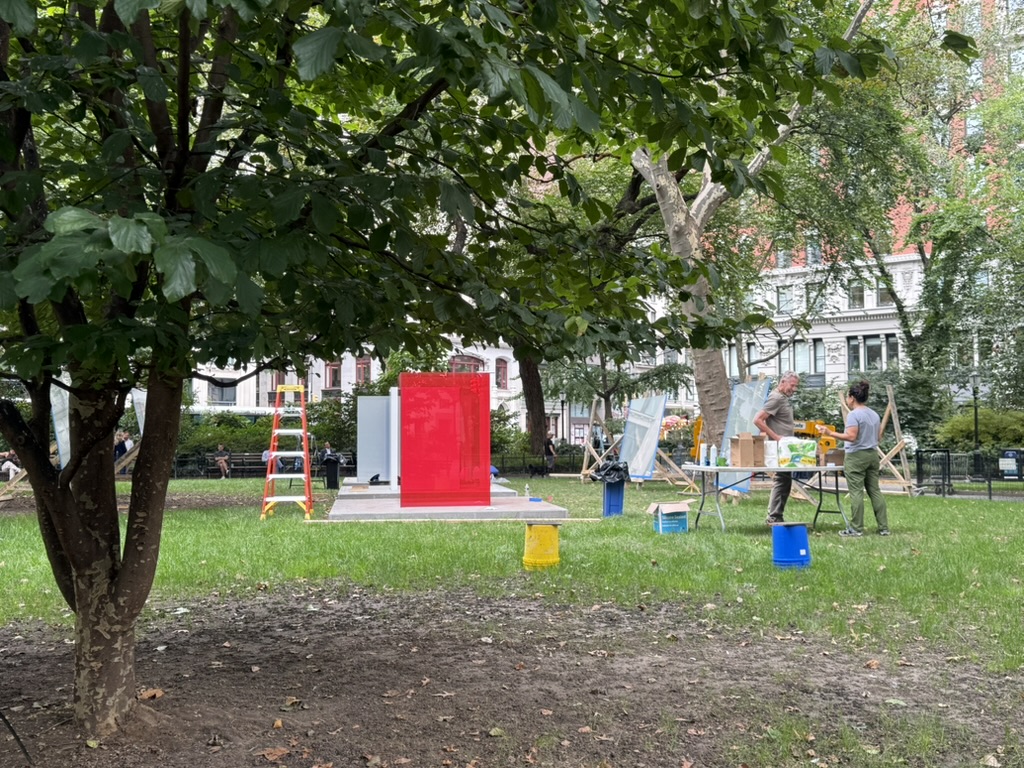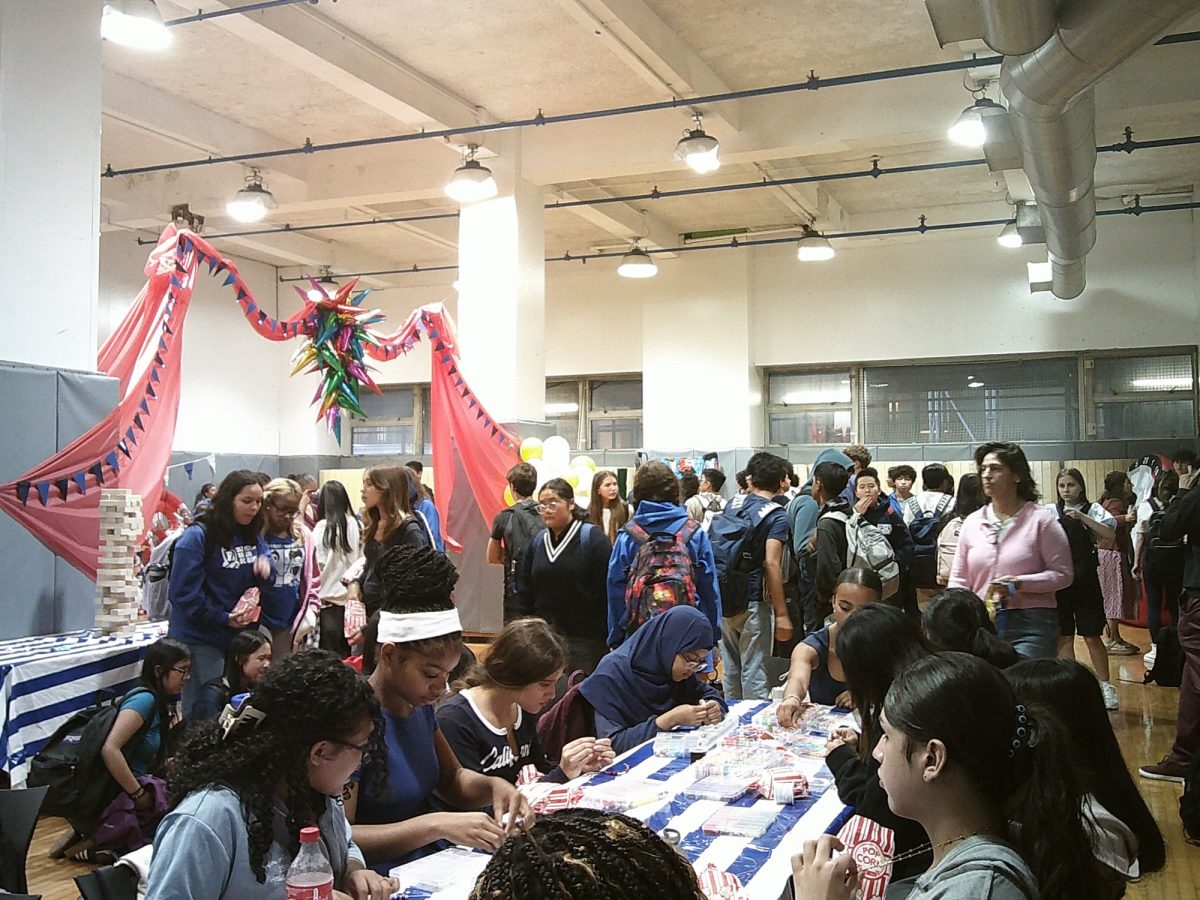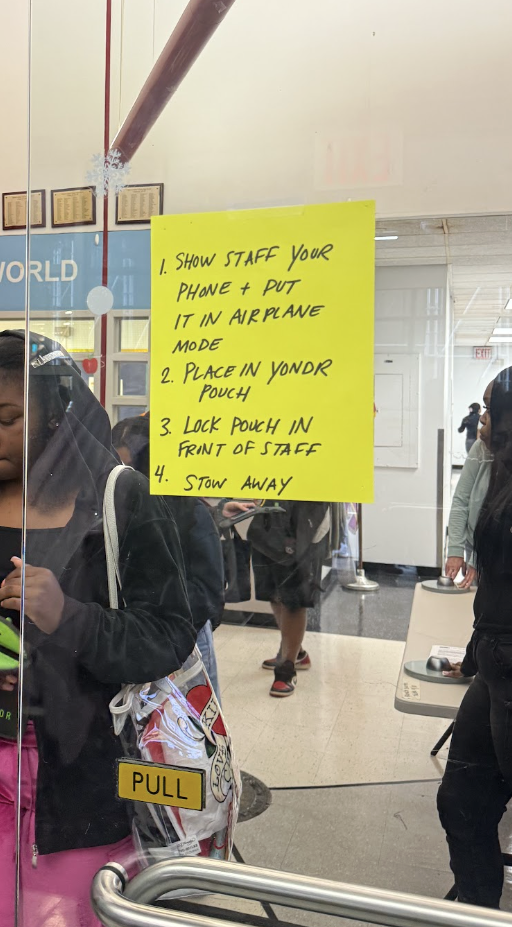As we witness the rise of social media and anti-intellectualism, critical thinking is of the utmost importance. And where do we learn how to critically think? Literature.
Today, the vast majority of the media we consume is digital. Whether it be on social media, movies or music. Yet, it seems that appreciation for the written word has declined. Many people would rather endlessly scroll as opposed to sitting through a book. And while there is nothing innately wrong with doing so, one may reap greater benefits through reading–especially classic literature.
At Baruch, the curriculum is geared to “…explore the philosophical, ethical, and aesthetic issues of the human experience.” And I wholeheartedly believe that the best way to succeed at this mission is through immersion into the experience of classic literature.
In my studies of classics such as “Animal Farm,” “The Odyssey,” “The Great Gatsby” and “The Giver” I have been afforded the opportunity to engage in a life that differs from my own.
I found in “Animal Farm” the intoxicating power of corruption and the rampant moral decay found within elite groups. Through reading “The Odyssey” I have grown fond of the tedious process that is life’s journey and have grown to appreciate the beauty in it. “The Great Gatsby” demonstrated the pitfalls of the American dream and the burden that is nostalgia. Lastly, “The Giver” proved that the consequence of a controlled society far outweighs the benefits as ultimately our freedom is at sake.
The lessons we learn in literature aren’t just fiction, there is always real world application to be found. And in times where wisdom and discernment are needed the classics are always a fixture in our society.
Given our capitalist—and, quite frankly, Darwinian society—many have become accustomed to achieving by any means necessary, with little to no regard for the wellbeing of others. This isn’t a practice anyone should perpetuate, especially not schools. For this reason it can be said plainly that immersion into literature is key to saving ourselves–not just our bodies, but our souls.
The beauty of the human experience can be found in its variety; no one life looks exactly the same.
In our modern day education system, standardized testing is primarily used as a measure of intelligence and adequacy of students. But the system fails as intelligence is unquantifiable–at least through standardized testing.
The only thing standardized testing successfully measures is a student’s capability to memorize and retain information–and to perform under the pressures of time and anxiety. This by no means shows the full extent of their academic prowess. In fact, the computer grading the student is totally oblivious to the student’s thought process and is unable to detect their true merit.
However, by exposing students to classic literature–to something too long, too nuanced to be tested–we grant them space for free, critical thinking.
Oftentimes I feel placed in a box as it pertains to education. The majority of the time spent during my courses is in preparation for a standardized test. There is no room for error or free thought. It is fact and only that.
I think of businessmen, leaders at that and their proximity to greatness and how their humanity may appear to act as a roadblock; prohibiting them from fulfilling their professional potential. Yet it is their strongest suit; Bill Gates, one of the most successful men of all time, cited the “Catcher in the Rye”—a classic—as his favorite book.
Gates touches on a fundamental aspect of my argument; most adolescents are seeking to find themselves and in a world where we are oversaturated with information about what we should be, the classics offer a timeless outlet in which young people can take solace in knowing that they are not alone in their struggles.
In fact, there is nothing more “classic,” so to speak, than finding oneself. The majority of our lives are found searching for the deepest parts of our souls that lay dormant. And while reading a classic novel–typically–won’t grant you the key to your soul, it can help you to form complex thoughts on your purpose in life and consider your trials and triumphs in the boarder context of human history.
And while being well versed on math and the sciences is essential, I believe that all students should be adept with literature and history. Beyond being educated, being a good person matters most–a skill attainable through knowledge of the best work humanities courses have to offer.


